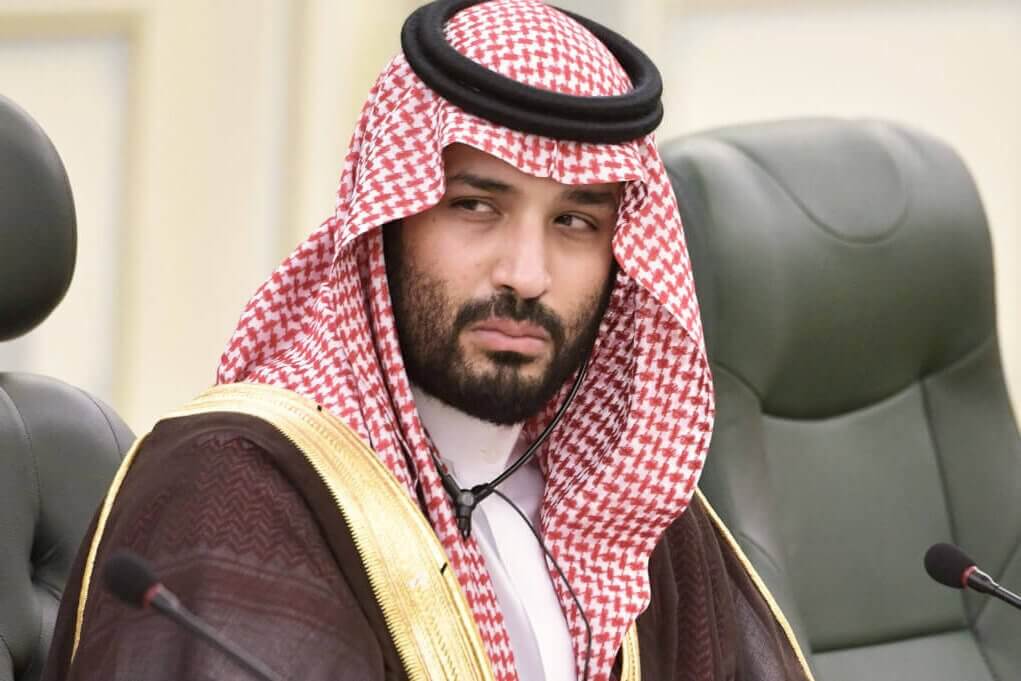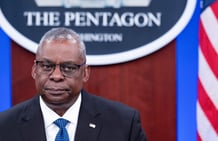On Thursday, the White House refused to refer to the Saudi crown prince, Prince Mohammed bin Salman, as a “murderer” after a baseless US intelligence report referred to him as the one who gave orders to carry out the operation that led to the killing of Saudi journalist Jamal Khashoggi.
White House spokeswoman Jen Psaki refused during a press conference to describe Prince Mohammed bin Salman as a murderer, “when she was asked about the possibility of US President Joe Biden describing the Saudi crown prince as such, as he did recently with Russian President Vladimir Putin.”
“I don’t think I need to add more killer names from the platform,” Sacchi said.
Jen Psaki added that Biden has no regrets describing Putin as a “killer”.
Jen Psaki says Biden has no regrets about calling Putin a "killer" pic.twitter.com/tKiIMpF6yE
— Aaron Rupar (@atrupar) March 18, 2021
The US President is facing criticism for not imposing sanctions on Prince Mohammed bin Salman after the intelligence report published in late February.
Human rights groups and press organizations denounced the decision not to impose sanctions on the Saudi crown prince MBS and said that the matter indicates that the emir and other authoritarian leaders will escape punishment in the future.
Biden had defended his decision not to impose sanctions on Mohammed bin Salman, and pointed out in an interview broadcast by the American “ABC ” network, on Wednesday, that acting against a figure from the Saudi royal family would be an unprecedented diplomatic act for Washington.
Jamal Khashoggi, who was close to the circles of power in Saudi Arabia and later became one of its harshest critics, was killed in 2018 in Istanbul that caused a global shock.
The United States announced the imposition of multiple restrictions on visas, including sanctions, on the Saudis that participated in the killing and dismemberment of Khashoggi inside Istanbul.
Biden described Putin as a “killer” this week, and the US president responded positively to a journalist who asked him whether Putin was a “murderer.”
In an unprecedented move since 1998, the State Department summoned its ambassador to the United States to consult on the future of Russian-American relations, which had reached a “dead end.”














